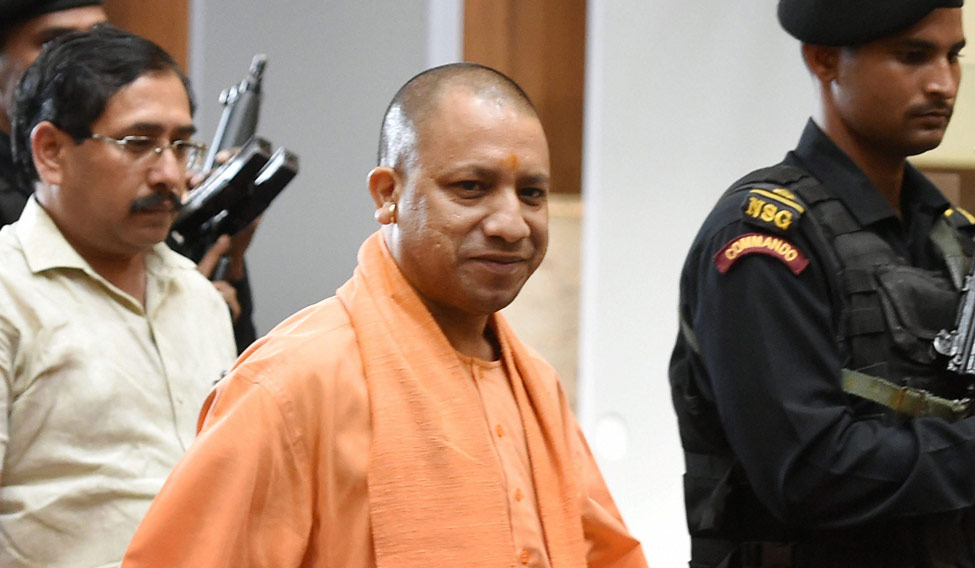Ahead of the Uttar Pradesh local body elections, Chief Minister Yogi Adityanath has begun the election campaign from the newly-constituted Nagar Nigam, Ayodhya.
The firebrand Bharatiya Janata Party (BJP) leader talked about his reasons behind it, and also explained his view on the visit of Art of Living founder Sri Sri Ravi Shankar to Ayodhya in a bid to mediate between the stakeholders of Ram Janmabhoomi-Babri Masjid dispute.
“Ayodhya is a holy place, and the first phase of elections will be held there. The name Ayodhya means—where no war takes place, so what better place is there than Ayodhya to start the campaign as well?” Adityanath said, and added that the credit for making Ayodhya a Nagar Nigam goes to the BJP.
Further underscoring the importance of the Ram Temple in Ayodhya, he said, "In India, nothing can be undertaken or accomplished without the mention of Lord Rama. He represents our faith, and is the focal point of all the beliefs in India."
The local body elections are expected to be the first test for Aditynath who took office earlier this year. Expressing confidence for BJP’s victory, Adityanath said, “We are ready for the test. The test for us is not just in election but every day.”
The polling for 652 urban local bodies which includes 16 Nagar Nigam, will be held in three phases on November 22, November 26 and November 29.
Yogi Adityanath also welcomed the upcoming visit of Sri Sri Ravi Shankar to Ayodhya, who looks forward to open talks with stakeholders in the Ram Janmabhoomi-Babri Masjid dispute.
"Any effort of mediation and at any level is good and worth welcoming. Talks had begun earlier also and one party always excluded itself from it, so the problem is not that there should be talks, but that both parties should agree to it. Good results can come out of such talks, but the intention should be right,” Adityanth said.
Various attempts have been made by all stakeholders till now to resolve the matter amicably.
Earlier, the Supreme Court had also suggested that an out-of-court settlement was the best recourse to the dispute.
The apex court will commence the final hearing of the long-standing matter from December 5, a day before the 25th anniversary of the demolition of the medieval-era structure.
The Babri Masjid was built by Mughal Emperor Babar in 1528. The Hindus, however, claim that a Ram Temple that originally stood there was demolished to construct the mosque.





